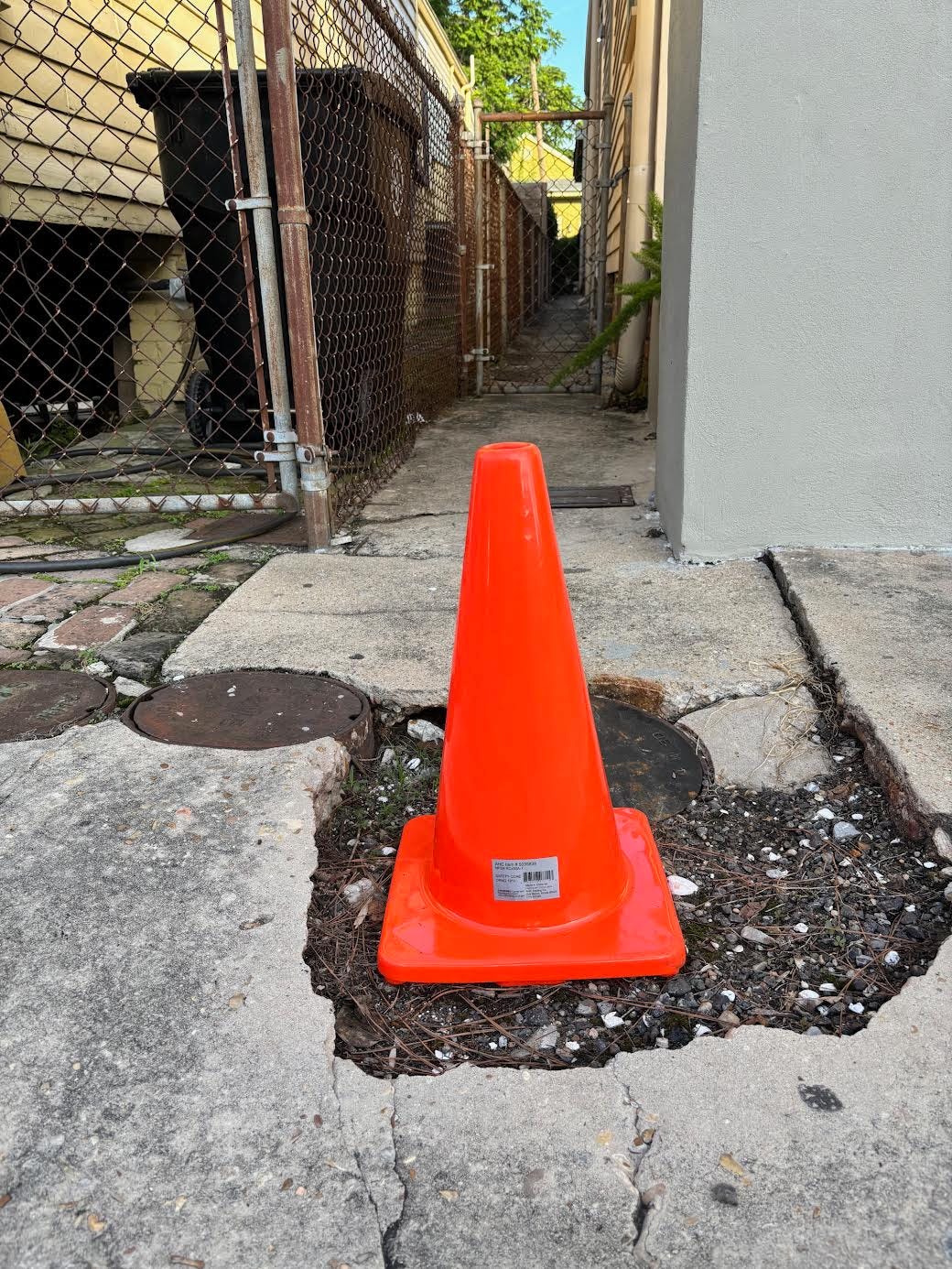Hi friends.
A week ago, I finally printed out 50 single-spaced pages of my novel-in-progress. This would be “Part 1” ideally. I have more words sitting there to make my way through (going back from at least a year!) to see if they can be matched up to this new beginning. But I wanted to look at these fresh new pages and see what I had in my pocket. I knew I would find some problems within it but it felt like it had a beginning, middle, and an exit that would take me to the next two parts of the book.
I spent a few days line editing it to see how much work I needed to do on it. Occasionally, I took the print-out with me to a cafe near my house. I was going stir crazy. It is annoyingly hot here. I would walk beneath the blazing sun to a cafe. One night I went to a sad girl singer-songwriter night at a bar near my house and I sat in the back and did some edits there. Something about hearing those stories layered nicely with the story I was telling. Sometimes we just need a little atmosphere or a change of scenery to shift the trajectory of our projects.
What I saw as I went through those pages was while the prose was pretty clean, there were some major holes that needed to be filled and, perhaps more than anything else, I needed to be clearer on the timeline.
Who among us hasn’t had a little timeline problem? When we’re in the thick of writing a first draft things fall out of order or speed up or slow down all the time. We always think we can fix it later—and we can. But at what stage of writing the book does clarifying the timeline really help? When do we decide “later” is now?
I had an idea: why not pick a time frame for those 50 pages and rigorously impose it on a draft? I decided the events of those pages would take place over the course of a year. I thought: I’ll back the story into it and see if it fits. If it doesn’t fit, that’s fine, too. But as an exercise it was a helpful place to start. I could place her in a season, a weather pattern, various holidays (the book is set in New Orleans so Mardi Gras could come into play, too), and then I could work from there. I knew I could back out of it at any moment but what happened if I took just one week out of my life to try a new angle on a draft?
Anyway, the strategy ended up giving the story a fresh energy and the overall revision a new momentum. I could easily mark the passage of time in the narrative with one or two deft sentences, and then the story got a little charge and it helped situate the reader. And while I was ostensibly making a choice about just one thing, it ended up opening up the story to new details. The clothes the characters were wearing, the way they felt about the weather, the foods they were eating, how much time they spent away from home versus indoors. And it lent the story this feeling that my character was very much in forward motion.
Also it forced me to consider how much the character might change emotionally over those 50 pages. One year in the life of anyone, a lot can happen. But also all of those things could only happen once. There would only be one Thanksgiving dinner where the oven overheats or one bittersweet kiss on New Year’s Eve at midnight. So those moments felt a little more elevated and significant.
I made up my own rule for the story and then I applied it with consistency. We don’t actually have to ever use anyone else’s rules—you know that, right? We just have to make some choices and stick with them. That’s how we cross the finish line when we’re writing. Putting in systems, and then honoring them. Creating a solid structure, and then abiding by it. These choices are ours to make. All we have to do is decide we’re ready.
Are you ready?
Jami
You are reading Craft Talk, the home of #1000wordsofsummer and also a weekly newsletter about writing from Jami Attenberg. I’m also on twitter and instagram.






Thanks for describing this process with your first 50 pages, Jami, and also the encouragement. I am at the end of a long revision process that included revising my query letter and synopsis. Am I ready? Yes. Maybe. I'm going for it.
Not quite the same, but have been feeling lately that my really great idea for a story was somehow flat. And it is. Both great and also flat. So now I’m thinking I need to build this great idea into something else, and while I’m struggling a little with what that will be, I know it will elevate the idea, breathe life into it, and make it whole.